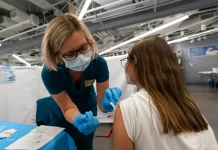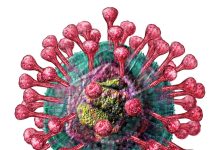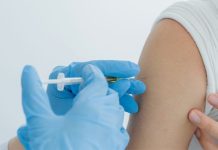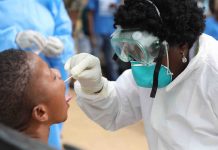According to a recent study, people who become infected with Covid-19 are more likely to experience brain-related disorders two years after getting the coronavirus. This has not been observed in other respiratory infections, according to researchers.
After analyzing the data of more than a million infected individuals worldwide, researchers from the University of Oxford conducted the study between 2020 and 2022, which was later published in the scholarly journal The Lancet Psychiatry.
The scientists only linked Covid-19 to the brain disorders if it occurred within two months after diagnosis.
“If no anxiety disorder has been diagnosed within two months of a Covid-19 diagnosis then, from that time onwards, a patient can be reassured that their risk is no longer any greater than after another respiratory infection,” they observed.
“If a patient had developed an Ischaemic stroke (occurs when there is a blockage of blood supply to the brain) within two months of a Covid-19 diagnosis, it is plausible that the diagnosis contributed (whether directly or indirectly) to its occurrence, but beyond two months, other causes should be actively considered.”
Their study revealed that mood and anxiety disorders from people who had Covid-19 were short-lived compared to psychotic disorders (like hallucination), cognitive deficit (brain fog), dementia, and epilepsy or seizures which were persistent.
“The risk of cognitive deficit, dementia, psychotic disorder, and epilepsy remain elevated two years after Sars-Cov-2 (coronavirus) infection, while the risks of other diagnoses (notably, mood and anxiety disorders) subside after one to two months and show no overall excess over the whole two-year follow-up,” the researchers said.
They also compared the aftermath of Covid-19 between children and adults and discovered a stark difference. Children were found to have a non-threatening overall profile of psychiatric risk compared to adults and senior citizens, but they still had a higher risk of brain-disorder diagnosis.



















